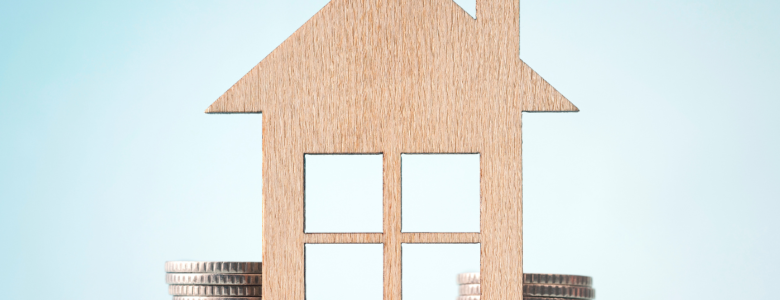When it comes to home financing, it’s crucial to understand the various costs involved in the process. From mortgage interest rates to closing costs and other fees, homeownership comes with financial obligations beyond the purchase price of the property. In this comprehensive blog post, we will delve into the costs of home financing, exploring the key expenses and fees that homeowners should be aware of to make informed financial decisions.
- Mortgage Interest Rates
One of the most significant costs of home financing is the interest charged on the mortgage loan. The interest rate determines the amount of interest paid over the life of the loan. Basically, factors that influence interest rates include credit score, market conditions, loan term, and the type of mortgage.
- Down Payment
A down payment is an upfront payment made towards the purchase price of the property. The size of the down payment affects several aspects of the mortgage, including loan-to-value ratio, monthly mortgage payments, and the need for private mortgage insurance (PMI) if the down payment is less than 20% of the home’s value.
- Private Mortgage Insurance (PMI)
When a down payment is less than 20% of the home’s value, lenders often require borrowers to obtain PMI. PMI protects the lender in case of default and is an additional cost paid by the borrower as part of their monthly mortgage payment. It is important to understand the terms and conditions of PMI and its impact on the overall cost of homeownership.
- Mortgage Points
Borrowers pay mortgage points, also known as discount points, upfront to the lender in exchange for a lower interest rate on the mortgage. Each point typically costs 1% of the loan amount and can result in long-term interest savings. However, it’s essential to assess whether paying points is financially beneficial based on individual circumstances and how long you plan to stay in the home.
- Mortgage Origination Fees
Lenders charge mortgage origination fees to cover the administrative costs of processing the loan application. These fees can include application fees, underwriting fees, document preparation fees, and other charges. It’s important to carefully review and negotiate these fees, as they can vary between lenders.
- Mortgage Closing Costs
Closing costs encompass a range of fees associated with finalizing the mortgage loan and transferring ownership of the property. These costs can include appraisal fees, title insurance, attorney fees, property taxes, homeowner’s insurance, and more. It’s crucial to request a Loan Estimate from the lender, which provides an itemized breakdown of the closing costs, allowing borrowers to compare and negotiate fees with different lenders.
- Homeowner’s Insurance
Homeowner’s insurance is a requirement for most mortgage lenders. This insurance protects against property damage, liability, and other risks. The cost of homeowner’s insurance varies based on factors such as location, property value, and coverage options. It’s important to shop around and compare insurance providers to secure the best coverage at a competitive rate.
- Property Taxes
Property taxes are assessed by local governments and are based on the value of the property. These taxes contribute to public services and infrastructure in the community. Homeowners should be aware of the property tax rates in their area and budget accordingly for these ongoing expenses.
- Homeowners Association (HOA) Fees
If you’re purchasing a property in a planned community or condominium, there may be HOA fees. The homeowners association charges these fees to cover maintenance costs, amenities, and community services. It’s important to understand the HOA fees, rules, and regulations before buying a property within an HOA.
- Ongoing Maintenance and Repairs
While not specific to the mortgage itself, homeowners should consider the ongoing costs of maintaining and repairing their property. From routine maintenance tasks to unexpected repairs, budgeting for these expenses is essential to ensure the long-term financial stability of homeownership.
Therefore, understanding the costs of home financing is crucial for prospective homeowners to make informed decisions. By being aware of mortgage interest rates, down payment requirements, PMI, mortgage points, origination fees, closing costs, insurance, property taxes, HOA fees, and ongoing maintenance expenses, individuals can budget effectively and plan for the financial responsibilities associated with homeownership. Thus, it’s important to shop around, compare offers from different lenders, and negotiate fees whenever possible to ensure the most favorable terms and conditions. With careful planning and financial awareness, homeowners can navigate the costs of home financing and embark on their homeownership journey with confidence.








